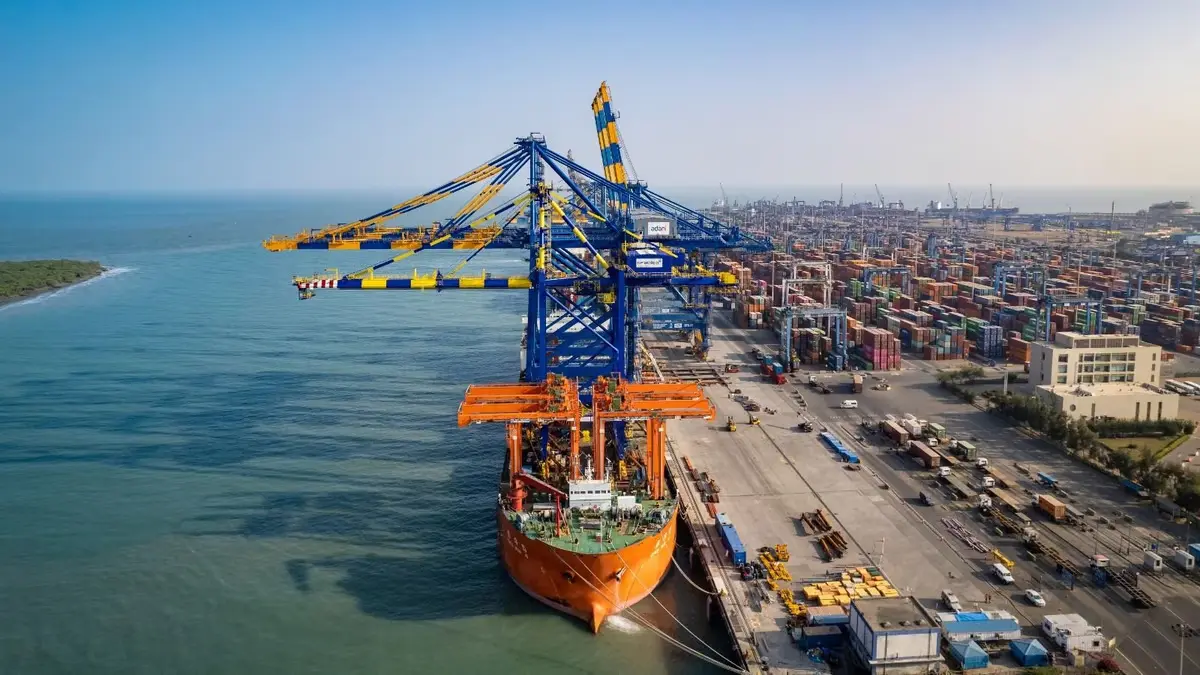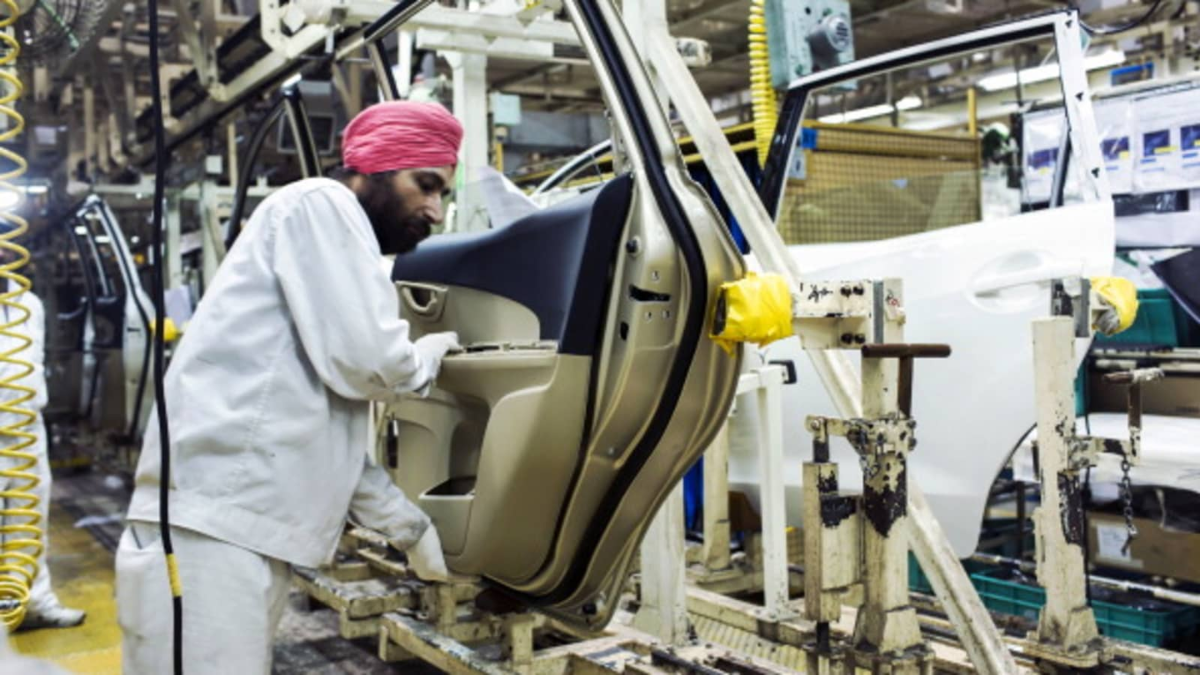leader Insight
India's Global Engagement: A Journey to Resilient Economic Expansion

Mr. Sanjiv Puri
President, CII

India’s growth story represents a remarkable transformation, fuelled by its vibrant demography, progressive policies and focussed investments in infrastructure and technology. On the path of becoming a $5 trillion economy by 2027, India’s growth trajectory is underpinned by a combination of modernisation, sustainability, and, importantly, global collaboration.
On the global stage, India’s economic strategy has been revitalised in the last decade. Numerous international engagements by the Hon’ble Prime Minister Shri Narendra Modi and other ministers have strengthened India’s outreach to the world. India’s overseas engagement spans trade and investments, technology partnerships, sustainability collaborations and people-to-people relations, with industry participation being accorded high priority.
New free trade agreements (FTAs) have been finalised and more are under negotiations. Several new areas are under discussion including agriculture, services, intellectual property, investments, and specific sectors such as pharmaceuticals. India has signed the India-Mauritius Comprehensive Economic Corporation and Partnership Agreement (CECPA), India-UAE Comprehensive Partnership Agreement (CEPA), India-Australia Economic Cooperation and Trade Agreement (IndAus ECTA – in effect from December 29, 2022), and the Trade and Economic Partnership Agreement (TEPA) with the EFTA grouping of Switzerland, Norway, Iceland, and Liechtenstein. India is also actively negotiating with the UK, EU, and Israel to conclude FTAs.
Despite global headwinds, India’s trade remains robust. Last year, total trade of goods and services crossed $1.6 trillion. In the first seven months of the current fiscal year, trade has already reached close to $1 trillion. India’s exports of goods and services during April-October 2024 is estimated at $468 billion, registering a positive growth of 7.3%, while total imports during the same period is estimated at $532 billion registering a growth of 7%.
This growth in trade has been due to a slew of significant Government initiatives like the production linked incentive schemes, Make in India mission, and Aatmanirbhar Bharat (Self-reliant India) mission, which have encouraged FDI and domestic production. For example, India’s mobile phone exports have crossed $2 billion recently.
Inflows of foreign direct investment (FDI) too are a success story for India, reflecting confidence in its future growth. Total FDI to the country in the last 24 years crossed a cumulative $1,013.4 billion. Nearly two-thirds of this inflow came into the Indian economy over the last decade. Similarly, forex reserves have been trending up, mirroring the strength of the economy.
Indian industry has aligned with governmental policies and it is a matter of pride that it is emerging as a leading global player in several sectors. Today, India remains the largest exporter of IT services and with close to 1800 global capability centres, it delivers competitive design and development services to global majors. India is also the fourth largest market for renewable energy and a vibrant and dynamic startup hub, providing tech-based solutions in sectors ranging from agriculture to space. It is among the top global producers for various agricultural products. It finds a place in the top five spacefaring nations, with its stake in the global space economy valued at $8.4 billion. This is projected to soar to approximately $44 billion by 2033.
These are just some of the achievements that we want to take to the world at Davos. The World Economic Forum (WEF) Annual Meeting 2025 is focused on stimulating growth to improve living standards, responding to geopolitical shocks, and stewarding a just, inclusive energy transition, which is aligned with India’s vision of growth. India began its journey with the WEF in 1984, and has leveraged the platforms to showcase its evolution as a resilient, innovative and rapidly growing nation, which is today one of the most attractive investment destinations in the world. At Davos 2024, building on its successful G20 year, India highlighted its digital prowess, thriving startups, and renewable energy sector to foster economic and technological connections.
CII has been partnering WEF since 1984 to highlight the emerging opportunities in India and led the Indian participation at Davos over the decades. This year, we set up the CII India Business Hub in Davos to facilitate discussions on the growth of the Indian economy and held several notable interactions with Indian government and industry leaders. CII has also partnered state governments of India in enhancing their presence at Davos.
At the upcoming WEF meeting, CII will play a critical role in representing India’s interests, with an aim to showcase India as a hub of growth, resilience and immense opportunities. CII will place emphasis on attracting investments, fostering innovation and furthering partnerships for India and Indian industry across the globe, while leveraging its technological prowess, digital strength and infrastructure development.
I believe that with our initiatives at Davos in 2025, India’s global business engagement across the sectors of trade, investment, technology and sustainability will be further fortified, opening new space for businesses of the world to come to India.



